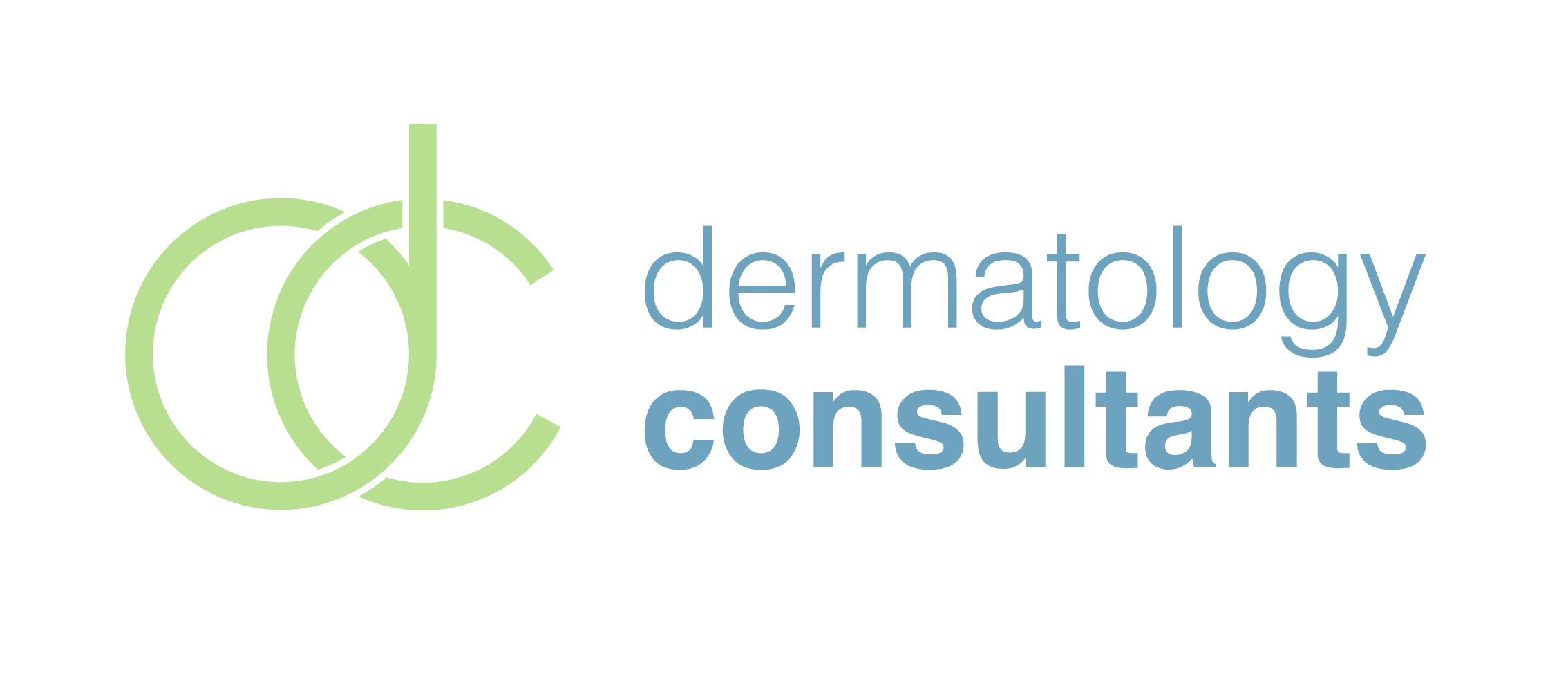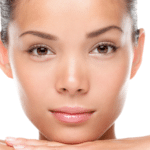Avoiding Acne: Skincare Tips for Back to School
When teens are heading back to school, it can be a stressful time if they are self-conscious about their appearance, and few things make teens more self-conscious than acne. Your teen may have an ongoing acne problem that has made them a target of bullies in the past, or your teen may be having his or her very first acne experience (and thus fearing the school bullies.)
So as the first day of school approaches, now is the time when teens want solutions to their skin issues, and when their parents want those solutions to work.
Teen breakouts and complexion problems can be avoided or minimized via a regular self-care regimen at home, using top skincare products suggested or prescribed by their board-certified dermatologist. As part of teen dermatology care, the doctor can explain that teen acne is very common, triggered perhaps by hormones, genetics and other reasons the teen has not caused by neglecting their skin (removing self-blame for your teen) and that your teen does have the power to make some changes to help improve their acne problem, such as removing makeup before bed, washing their face after gym class and other smart skincare steps.
Here are some tips for your teen’s back-to-school skincare routine:
- Develop a skincare regimen. Wash your face first thing in the morning and before bed at night, to remove makeup, oils, dirt and bacteria that can clog pores and exacerbate acne problems.
- Wash your face after sweaty activities. Your teen can keep face cleanser wipes in a locker or backpack, and give her face a once-over in the restroom after gym class, an after-school activity, or just at lunchtime on a still-warm fall school day.
- Use oil-free products on the face, for cleaning as well as oil-free makeup to help prevent blocked pores.
- Use products your dermatologist recommends or prescribes, following the instructions exactly. Teens may need a reminder now and then to apply that topical acne cream X times a day. With such busy schedules and hours of homework, teens may need a reminder from you so that the acne medication can work effectively and in a timely manner.
- Use skin type-specific products. If your teen’s skin is oily, combination or dry, products marked for those skin types contain ingredients to help remedy acne-causing conditions.
- Be gentle when cleansing. Teens can be overly-enthusiastic and driven when it comes to their goals, which can encourage them to apply medications or cleansers too vigorously, which can lead to inflammation that can affect acne flareups.
- Talk to a dermatologist before using natural products like essential oils. You will want to be sure the products chosen will not conflict with prescription or over-the-counter acne medications.
- Talk to a dermatologist about acne scar treatments such as lasers or microdermabrasion, to reduce the appearance of scars and dark spots on the skin, further helping your teen create a smooth and mark-free complexion.
- Talk to a dermatologist about exfoliating products and the correct schedule for exfoliating. Done correctly, exfoliating can remove dead skin cells and oil buildup, enhancing skin’s appearance.
- Use sunscreen. Always, and completely, including on hands and feet so that skin is protected from harmful UVA and UVB rays.
- Do not pick at or pop pimples or scratch off healing spots on the skin. Teens need to be educated about how that damages the skin, how it can introduce bacteria into the skin and cause infections that create much worse marks on the skin than acne. Once they learn from their dermatologist about how unwise it is to pick at their pimples, they will stop.
Your teen’s dermatologist will likely share some insider secrets that your teen never knew before: for example, when rinsing shampoo and conditioner from their hair during a shower, teens should always tilt their head back, to prevent shampoo and conditioner residue from running onto the face and body, clogging pores and potentially leading to acne problems. Teens are surprised to find out the mistakes they have been making (such as wearing baseball caps that have not been cleaned in a while…hotbeds of oils, dirt and bacteria to make a forehead break out) thus gleaning extra value from dermatology appointments, and steps to take to a better appearance and more self-confidence during the school year.





